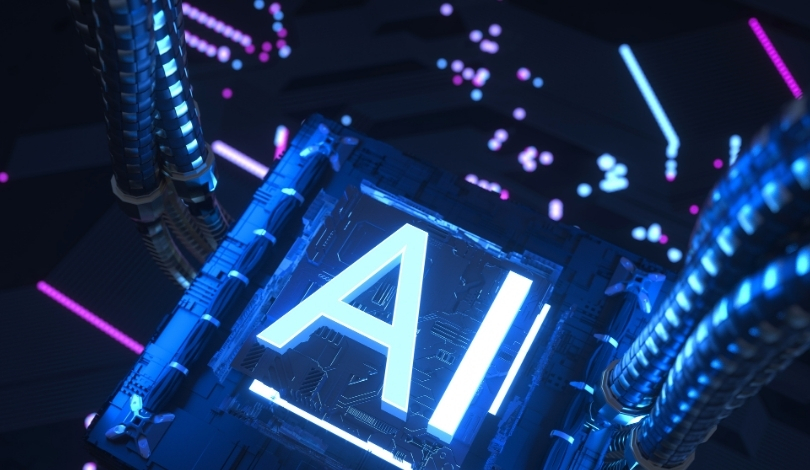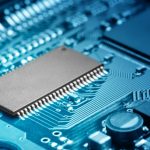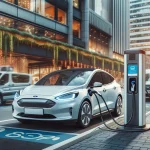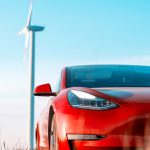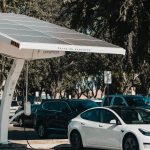SoftBank Group has agreed to purchase the ABB Robotics & Discrete Automation division from Zurich-headquartered ABB Group for an all-cash sum of $5.375 billion. This transaction signals a strategic shift for both companies and reflects ongoing changes in the global robotics and automation marketplace. The acquisition comes at a time of increased competition and evolving business demands, with both parties expressing intent to capitalize on emerging opportunities in artificial intelligence and automation. The ABB Robotics portfolio, which includes the OmniCore controller, is expected to provide SoftBank with a broader range of offerings to address industrial and collaborative automation markets worldwide.
How Does This Sale Differ From Past Strategic Moves?
While ABB previously considered spinning off its robotics division, opting instead for a direct sale to SoftBank marks a significant departure from earlier announcements. The robotics sector has seen fluctuating investment and divestment activities, as seen when SoftBank acquired and later sold companies such as Boston Dynamics and Aldebaran Robotics. Notably, SoftBank’s past investments, including ventures into warehouse automation via AutoStore and service robots like Whiz, have led to mixed results regarding profitability and long-term retention. This deal, however, positions SoftBank with a substantial portfolio in industrial robotics, which may provide more stability than its earlier consumer-oriented robotics strategies. ABB’s decision aligns with its renewed focus on core electrification and automation segments following decreased revenue generation from the robotics division.
What Are the Financial Outcomes for ABB?
The ABB Robotics division contributed $2.3 billion in 2024 revenues, representing 7% of ABB’s total, with an operational EBITDA margin of 12.1%. ABB expects a pre-tax book gain of about $2.4 billion from this divestment and anticipates net cash proceeds of roughly $5.3 billion after transaction costs. The company also projects separation expenses around $200 million and transaction-related cash taxes between $400 million and $500 million. These proceeds will be directed according to ABB’s capital allocation strategy. In the wake of this sale, ABB plans to streamline its operations into three business areas, repositioning its Machine Automation division under Process Automation and aiming for long-term stability in its primary markets.
What Does SoftBank Aim to Achieve with ABB Robotics?
SoftBank is strengthening its presence in robotics and AI by incorporating ABB Robotics’ workforce of 7,000 and its wide range of industrial, collaborative, and mobile robot technologies. The Tokyo-based group describes this move as part of its push toward ‘physical AI’. SoftBank’s chairman Masayoshi Son commented,
“Together with ABB Robotics, we will unite world-class technology and talent under our shared vision to fuse artificial super intelligence and robotics.”
ABB’s leadership also expressed confidence in SoftBank’s capability to steward the robotics business, with ABB CEO Morten Wierod stating,
“SoftBank will be an excellent new home for the business and its employees. ABB Robotics will benefit from the combination of its leading technology and deep industry expertise with SoftBank’s state-of-the-art capabilities in AI, robotics and next-generation computing.”
As part of the transition, Sami Atiya, president of ABB’s Robotics & Discrete Automation division, will step down from the executive committee at the end of 2025, supporting the carve-out until his full departure at the end of 2026. The transaction is scheduled to close between mid and late 2026, pending regulatory approval. ABB maintains its overall strategic direction, continuing to focus on electrification and process automation as primary avenues for long-term growth.
The divestiture reveals a recurring pattern in the robotics sector, where major players have repeatedly reassessed their strategy between direct investment and divestment. The approach taken here mirrors SoftBank’s history of acquiring robotics assets, sometimes divesting after a few years when objectives shift or markets evolve. For ABB, prioritizing electrification and process automation after the robotics sale echoes tactics seen in other large industrial firms refining their core business focus amid technological and economic headwinds. The capital raised will enable ABB to further invest in high-priority areas, potentially financing new automation solutions or technology upgrades. Investors and sector observers will watch whether SoftBank’s consolidation of ABB Robotics results in lasting integration, given its earlier investment cycles with other robotics companies. For technology managers and automation users, paying attention to ownership changes like this helps anticipate future support, innovation, and supply chain stability in critical automation products such as those under the OmniCore brand.

